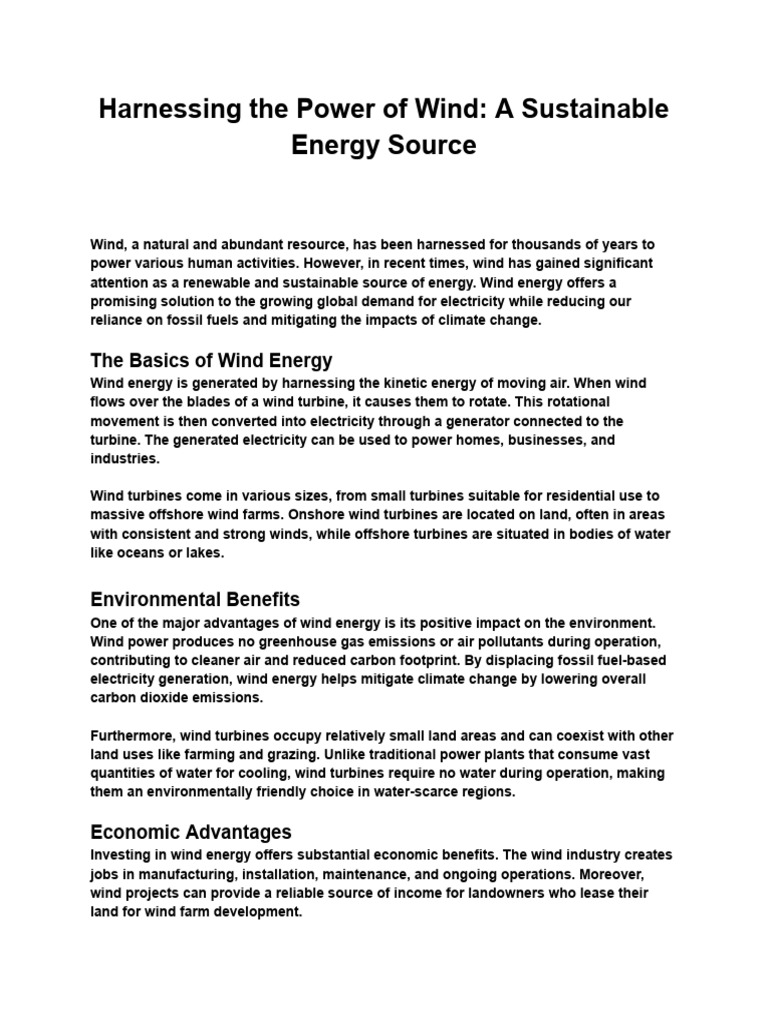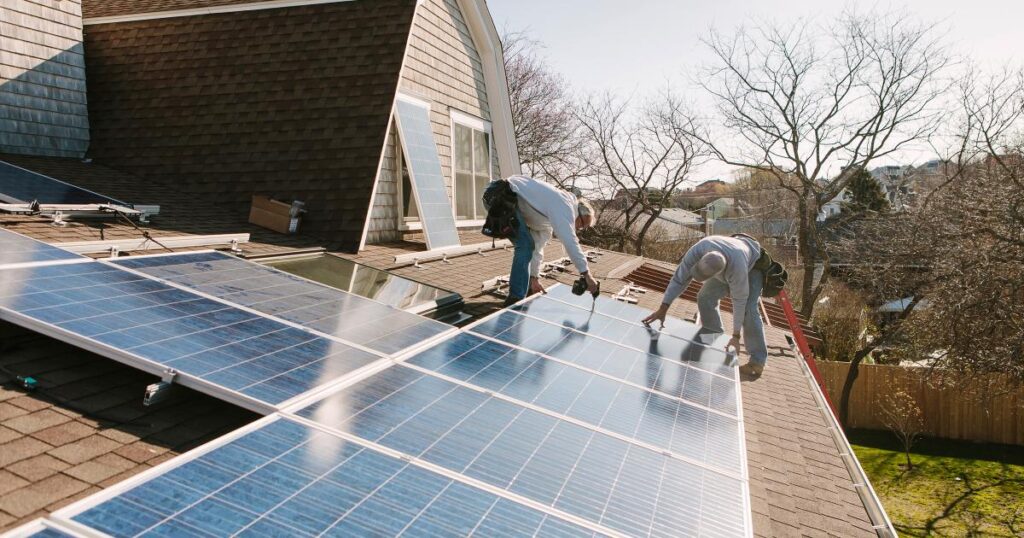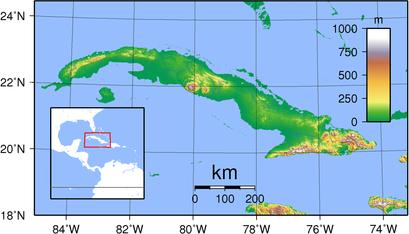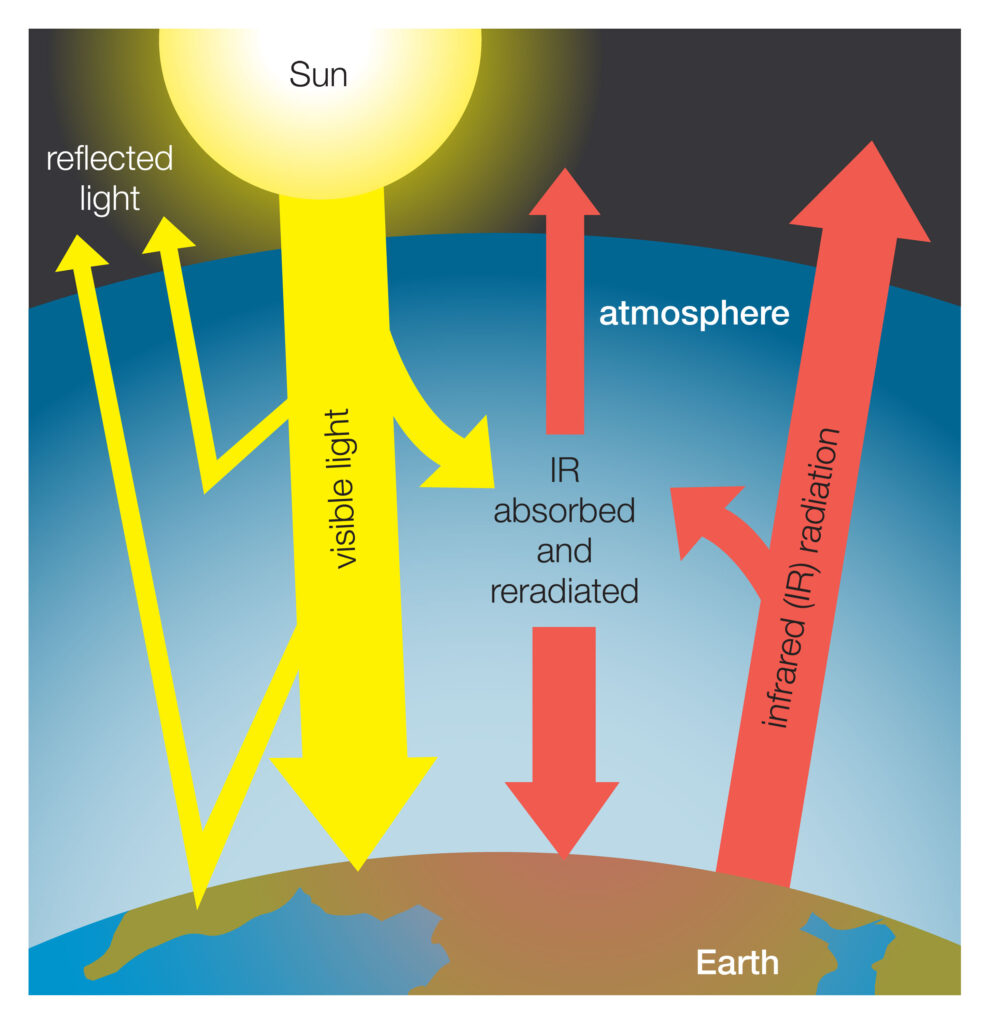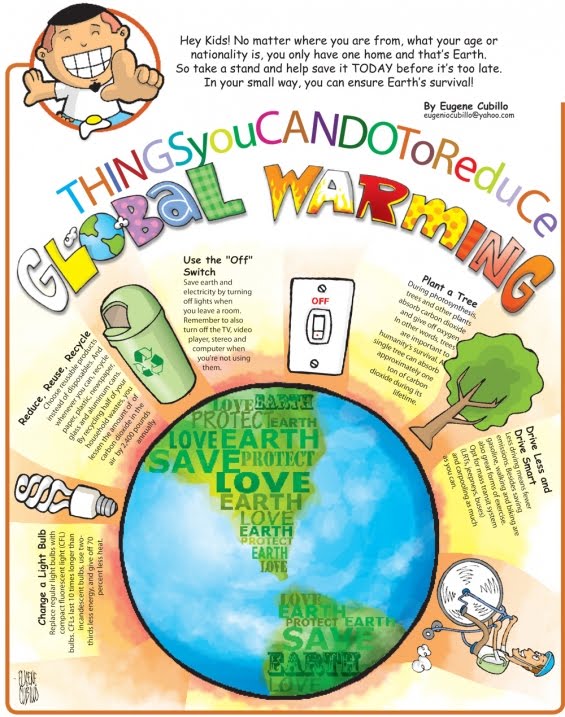How Does Wind Power Create Energy? The Key Steps in Harnessing Wind for Power Generation
Wind power, often lauded for its remarkable contribution to sustainable energy, utilizes the kinetic energy generated from moving air to produce electricity. As the world grapples with climate change, the quest for cleaner energy sources intensifies. The allure of wind power lies not only in its ecological benefits but also in the intricate process by ...
